PConline Talks At the end of March 2016, Midea and Toshiba announced on their respective websites that the parties had reached an agreement. The U.S. formally acquired Toshiba’s home appliance business. This news also made many netizens feel surprised and calm. It was surprised that another Japanese company would own its own. The business was sold to Chinese companies, and it is a matter of calm that this is the first time in the past few years that China's corporate acquisition business has taken place. Then come talk about the reaction of the recent users and what Chinese companies have acquired in recent years. Netizens have sharp opinions and different reactions Previously in mid-March, when the news of Midea’s acquisition of Toshiba’s home appliance business came out, there were many netizens who had published their opinions under the then article. Of course, everyone's views may be different. Without looking at details, many people went straight to the commentary. The netizen is clearly a rational party. The acquisition of Toshiba’s home appliances business by the United States does make many people wonder what the future development plan will be. Xiao Bian wants to say “watch and change the world†and we can also sit and watch how the US plays. Regardless of whether or not to support the issue of Japanese goods, we have to support good goods. For Midea’s acquisition of Toshiba’s home appliance business, the netizen said that it would be possible to support Japanese goods in a bright future. Xiaobian thinks that as long as the United States makes good products, We don't care what it is. There is also a lot of fines in Japanese goods, and rational consumption is undoubtedly better. The netizen may have used many brands of home appliances and have his own opinions on various brands. In fact, each brand's product line is different, and everyone's brand belief is not the same, anyway, to buy their favorite and durable home appliances is the best. The two netizens who participated in the discussion had a sharper view and one point of view seemed reasonable and valid. Toshiba certainly has its own major profitable projects. It is a good thing to sell home appliances business to the United States. To get rid of their burdensome burdens, it may be easier to go. The above views of several netizens are only aimed at some public opinions on the acquisition of Toshiba's home appliance business by the United States. In fact, every time a Chinese company purchases a home appliance business of a Japanese company, it will cause a lot of discussions. Next, let's look at what Japanese companies have sold their home appliance business to Chinese companies in recent years. What day-to-day corporate activities are Chinese companies buying? In October 2011, Sanyo Electric sold the white power business and assets in Japan and Southeast Asia to the Haier Group, including the Sanyo AQUA brand in Japan. Before selling the Japanese and Southeast Asian white goods business to Haier, Panasonic’s Sanyo Electric Co. had a loss of 14 billion yen in the first quarter of 2011. Continuing losses may be a major reason for pushing Sanyo Electric to sell unsatisfactory operations to Chinese companies. In April 2014, Panasonic’s Sanyo Electric Co., Ltd. will use 90% of Mexico’s LCD TV plant operator SMSA to sell US$15.22 million to TCL Multimedia. The sales of Sanyo Electric in recent years seems to have become a normal state. For some domestic companies that are devoted to making efforts in the field of home appliances, the experience that can be quickly acquired through acquisition will also improve the pace of development of the company in the short term. In July 2015, Hisense invested US$23.7 million in the acquisition of Sharp's Mexico plant. The acquisitions included 100% of the LCD plant's production capacity of 3 million units per year in Mexico, and the authorization of the Sharp TV brand business in the Americas (except Brazil). This time, Hisense purchased Sharp's Mexico plant and the Sharp TV brand business in the Americas. For Hisense, this acquisition has a greater market expansion benefit. In October 2015, Changhong took over the Sanyo TV business in China. Changhong will serve as an authorized user of the “Sanyo†brand television category in mainland China, and has the right to develop and produce “Sanyo†brand TV in mainland China. , sales and service, the contract period is four years. The Sanyo TV business in China changed hands to Changhong. For the frequent sale and transfer of Sanyo’s various businesses, many people should be confused before purchasing Sanyo products. Whose is this Sanyo? In 2016, Hon Hai Hao tossed 700 billion yen to annex Sharp. This is undoubtedly a major acquisition. Hon Hai grabbed Sharp. This not only helps Hon Hai to have a basis for Samsung and LG in the panel industry, but also in the future OLED panel industry, Hon Hai can also re-arrange the Samsung and LG cakes. For this acquisition, Xiao Bian wants to say is: local tyrants willful, shocked! At the end of March this year, Midea formally acquired Toshiba’s home appliance business (a transaction price of approximately 53.7 billion yen). Midea will receive an 80.1% stake in Toshiba's home appliance business and will receive a 40-year global license from Toshiba. Summary: In recent years, Chinese companies have been involved in day-to-day business processes. Technology, R&D, and sales channels are all involved. For some Chinese companies that started relatively late, it is certainly possible to accelerate the pace of development and also help to improve Brand image. Summary: In recent years, there have been Japanese companies selling their home appliances business to Chinese companies. Consumers seem to be able to purchase some Japanese home appliances that used to be taller at lower prices. Quality is always fundamental We eliminate tooling costs and save customers money by offering hundreds
and
hundreds of stock overmolds. For highly customized molded cable
manufacturing projects, our advanced
technology allows us to produce custom overmolds at a price and quality
level that clearly sets us ahead of the competition. Custom molded wire assembly, overmolded IP67/68 connectors assembling,customized waterproofing cable assembly ETOP WIREHARNESS LIMITED , http://www.wireharness-assembling.com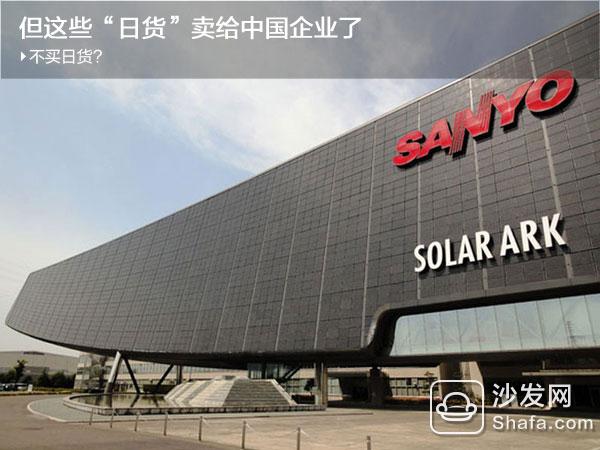




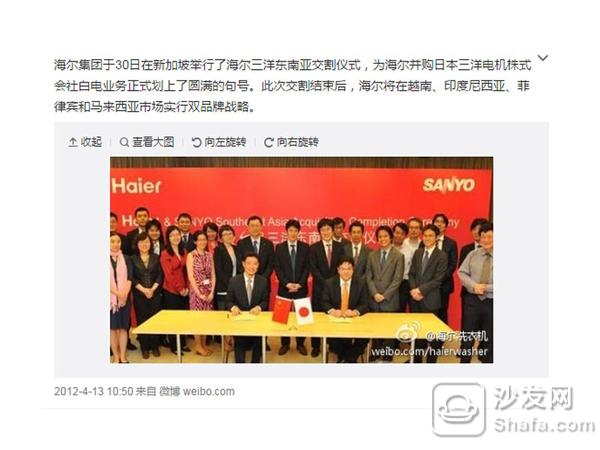
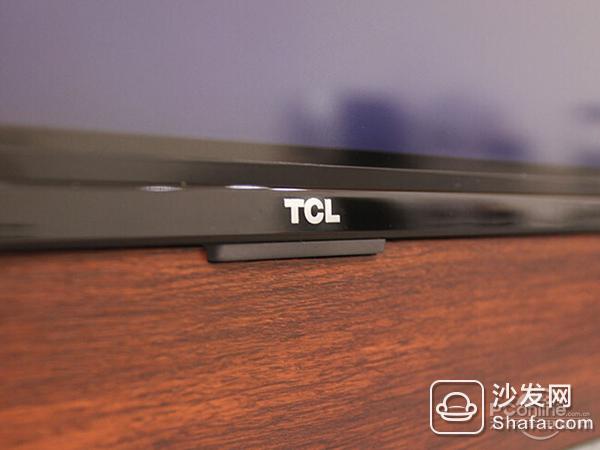

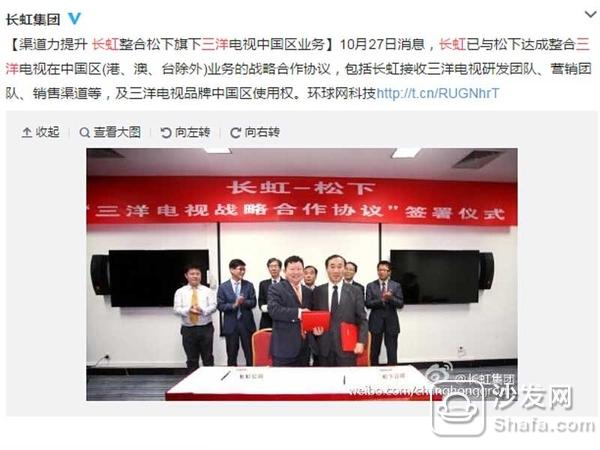
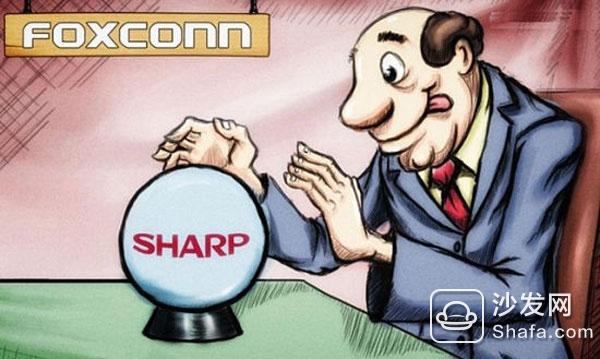
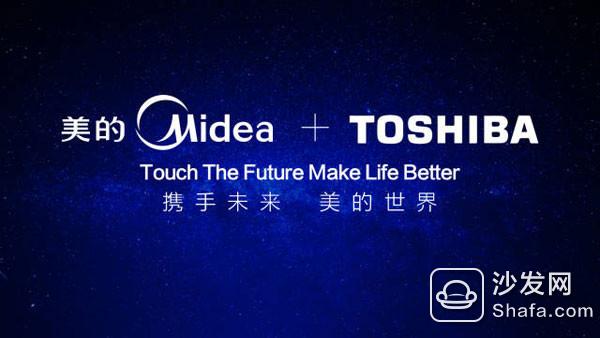
Do not buy Japanese goods, but these "Japanese goods" are sold to Chinese companies
1 take a look at the response of the most recent users back to the top
2 which in recent years have acquired the services? Back to top